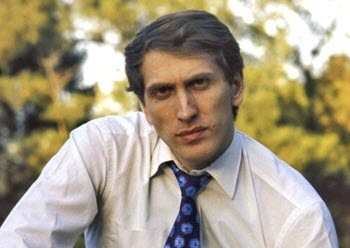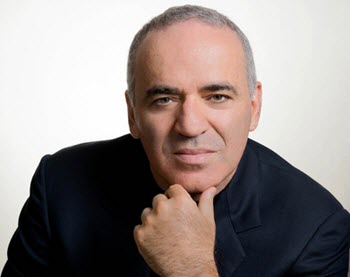Who was Bobby Fischer?
Robert James Fischer, known to all as Bobby, was the first American chess world champion. No other American player has achieved this title since. Child prodigy, enfant terrible, reclusive iconoclast; Fischer was a colourful and intriguing character. The timing of his world domination was also extremely symbolic, and Fischer became an icon for more than just his chess playing. Considered by many to be the most brilliant player of all time, Fischer’s story is compelling, mysterious and more than a little sad.
Early Life
 Bobby was born in Chicago in 1943, the son of first-generation European immigrants. His father returned to Germany when Bobby was an infant, and he and his sister were raised by their Swiss-born mother Regina. After some years of moving around, the family settled in Brooklyn, New York City. At age six, Bobby’s sister bought him a chess set, and it was then that he began the life-long passion for the game.
Bobby was born in Chicago in 1943, the son of first-generation European immigrants. His father returned to Germany when Bobby was an infant, and he and his sister were raised by their Swiss-born mother Regina. After some years of moving around, the family settled in Brooklyn, New York City. At age six, Bobby’s sister bought him a chess set, and it was then that he began the life-long passion for the game.
First Chess Championship
Fischer put himself on the map when he was just thirteen, becoming the youngest winner of the US Junior Chess Championship. Even at this age, he showed a curious enjoyment of humiliating his opponents; he is quoted as saying ‘I like the moment when I break a man’s ego’. Fischer’s own ego remained unchallenged, and he believed that there was nobody on earth he couldn’t beat. The years that followed brought continued success, including the publication of two books still viewed as some of the best on the game. He won a staggering eight US chess championships, and boasted that the Russians who dominated the game at the time ‘have nothing on me’. Even at this age, he had very little interest in anything but chess. His grades were bad, and he dropped out of high school at sixteen.
World Champion
By the time he was in his mid-twenties, Fischer had a reputation as an eccentric, paranoid figure. Still as brilliant as ever at chess, he confounded those around him with his odd habits and unpleasant opinions. He was also unreliable, often pulling out of tournaments unexpectedly. He started being outspokenly anti-Semitic, despite his own Jewish heritage. But none of that mattered when he was invited to play reigning world champion Boris Spassky in Reykjavik in 1972. It was the height of the Cold War, and Russian players were masters of the chess world. When Fischer’s stunning victory came, to many it signified a victory over the enemy, and catapulted Fischer to the status of American hero.
Later Years
The limelight was not the place for Fischer, and by the following year he had retreated into a reclusive lifestyle from which he never really emerged. He played publicly only once more, taking on and again beating his old rival Spassky in 1992. The world heard from him sporadically, and his statements were increasingly paranoid and inflammatory, attacking and vilifying the US and speaking of an international conspiracy against him. Isolated from almost everyone, he died aged just 64 in Reykjavik in 2008. The fascinating life of the troubled chess prodigy has inspired several movies, most recently Pawn Sacrifice in 2015.

